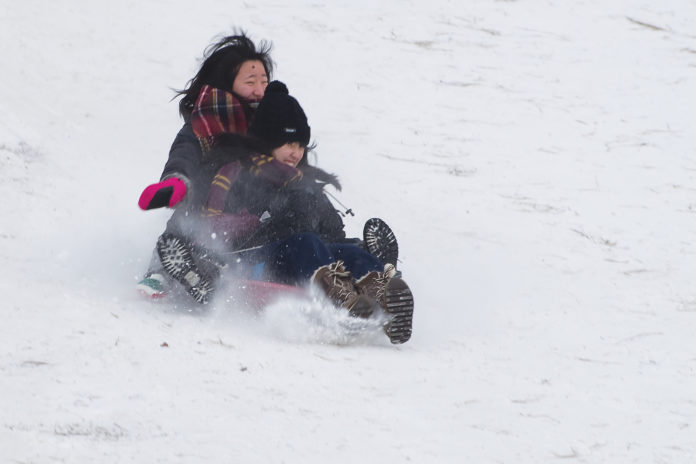
On Monday BOKS (Build Our Kids’ Success), announced the results of a research study conducted by Dalhousie University School of Health and Human Performance in Halifax.
BOKS is an initiative of the Reebok Canada Fitness Foundation and the Public Health Agency of Canada.
Results of the eight-week study showed that during times of uncertainty and increased stress, the BOKS program can be used as a tool to improve a child’s overall wellbeing. Despite challenges brought on by the lockdowns, parents of participating students noticed improvements in their child’s mood, energy level and sleep.
“The COVID-19 pandemic has brought widespread disruption to schools, cancelled youth sports and restricted many leisure activities – leaving today’s youth isolated in front of their screens and sedentary,” Kathleen Tullie, senior director, Reebok Social Purpose and executive director, BOKS, said in a release.
Typically delivered in-person at schools and youth organizations, BOKS adapted its physical activity programming for a virtual environment at the onset of the pandemic.
Through these digital offerings, which included 25 to 45 minute physical activity plans, teachers and volunteers were able to keep kids active while at home. Dalhousie was able to conduct its research through a series of surveys and in-depth individual interviews with students in Grades 4 to 6, their parents/guardians, and program leaders responsible for administering the program.
Key findings from the research showed that after two months of participation:children experienced a significant decrease in psychological distress and sleep disturbance, Improvements in peer relationships, cognitive function and life satisfaction and noticeable changes in children’s mood, behaviour and ability to resolve conflict.
“I’m afraid we are just seeing the tip of the iceberg when it comes to the negative impact the pandemic has had on our children mentally and physically. Dalhousie’s School of Health and Human Performance has shown that we can use physical activity and play as a tool to keep kids happy and healthy even in times of adversity,” Tullie added.
“The positive impact that BOKS has had on children’s physical, emotional and social wellbeing during the pandemic has been incredible” Dr. Jeff Zahavich, from Dalhousie’s School of Health and Human Performance, Kinesiology Division, said.
“We heard from many parents/guardians and BOKS program leaders that children were not achieving recommended levels of physical activity during the pandemic, and for some children, BOKS was the only form of consistent physical activity throughout periods of peak restriction.”
The research team from Dalhousie University consisted of a diverse group of researchers with expertise in children’s physical activity and assessment. This team conducted surveys and interviews with families, program leaders, and children to explore the impact the program had upon their daily lives while living in a pandemic.
“The chance to lead this research project was a great opportunity and enabled our team to examine the importance of meaningful physical activity for children especially during a pandemic,” Laurene Rehman, principal investigator, said.

